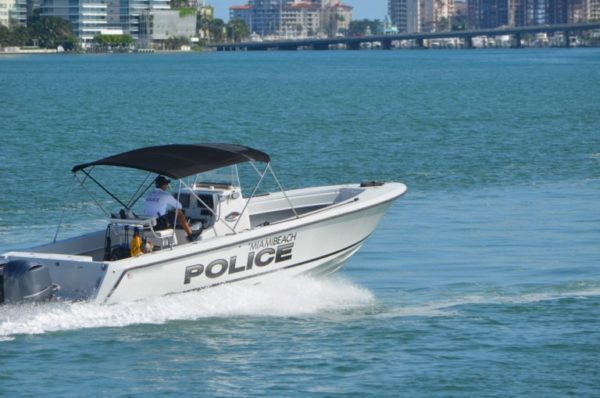As we move through and beyond the COVID-19 pandemic, all of us have been challenged to absorb a range of new terminology and guidelines to help us better maneuver through the crisis. This has been the case in both our personal and professional lives. One of the first waves of information all of us have had to adjust to is what the government considers Essential Critical Infrastructure Workers. This is what many have simply come to refer to as essential vs non-essential employees.
The establishment of these guidelines falls under the authority of the Cybersecurity and Infrastructure Security Agency (CISA) of the U.S. Department of Homeland Security. A memo from the agency dated March 28, 2020 helps define essential critical infrastructure employees. This can be a point of reference for employers in determining whether their particular employees can be deemed essential. This, of course, can have a far-reaching impact in many aspects of conducting business in and through the COVID-19 crisis.
The Range of Essential Critical Infrastructure Industries
The government’s memo provides a broad view of the many industries with workers that may be considered essential during this period. They include:
 Healthcare/Public Healthcare
Healthcare/Public Healthcare- Critical Manufacturing
- Hazardous Materials
- Financial Services
- Financial
- Defense Industrial Base
- Commercial Facilities
- Food and Agriculture
- Energy
- Water and wastewater
- Transportation and Logistics
- Public Works and Infrastructure Support Services
- Communications and Information Technology
- Other Community or Government-based Operations and Essential Functions
- Law Enforcement, Public Safety and other First Responders
- Residential/Shelter Facilities and Services
- Hygiene Products and Services
- Workers supporting the operations of the judicial system, including judges, lawyers, and others providing legal assistance.
As you can see, the list is a quite extensive one. The memo also includes this interesting caveat concerning its list:
“This list is advisory in nature. It is not, nor should it be considered, a federal directive or standard. Additionally, this advisory list is not intended to be the exclusive list of critical infrastructure sectors, workers, and functions that should continue during the COVID-19 response across all jurisdictions. Individual jurisdictions should add or subtract essential workforce categories based on their own requirements and discretion.”
This leaves significant leeway for interpretation. Therefore, if you have any questions about whether employees may be considered essential, you should contact our Tampa employment lawyers at Lieser Skaff. We are here to help your business navigate through coronavirus-related legal issues, including those that are employee-related. Contact us today with your questions. We are open and conducting business-as-usual, with precautions.